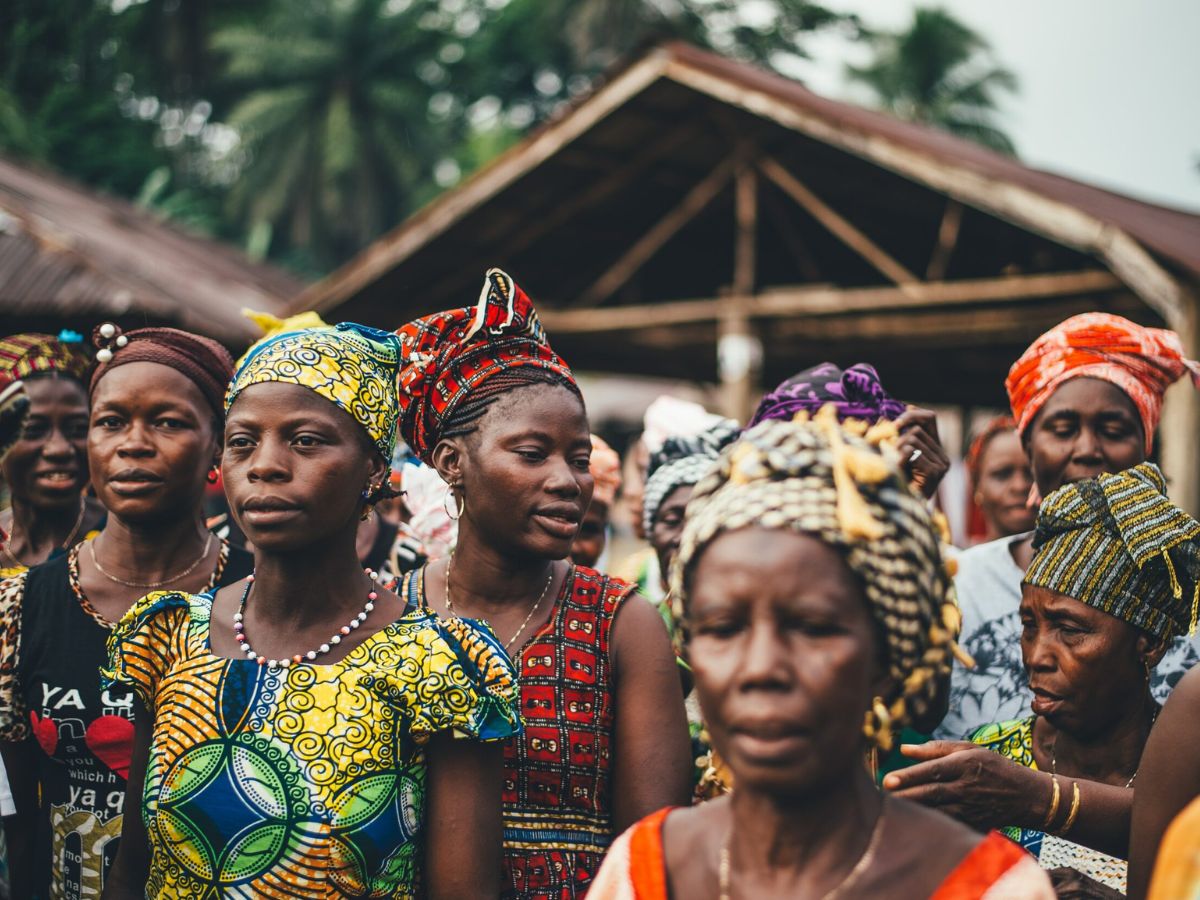Since the advent of globalization, the world has become more connected than ever. Happenings in Europe have consequences in South Asia. Case in point, the Russia-Ukraine war. People worldwide are dealing with inflation, lack of food products, restrictions on trade, etc., but how did this come to be? Well, the answer is globalization.
Globalization is trade beyond borders. It is the interconnection between societies of the world and their dependency on each other. Globalization is directly affected by global politics, so it would be fair to say that geopolitical developments directly impact a country’s population and local communities. But how are global politics and globalization related?
GLOBAL POLITICS AND GLOBALIZATION
Globalization has no clear definition, as it means different things to different people. But over time, globalization as a concept has been shaped to include common global principles, technological advancement, and co-dependency of states over each other. Globalization promotes trade and development. It has become a critical factor in the affluence and growth of a nation. Developed nations benefit by exporting industrialization while developing countries can now diversify their income sources and fight poverty. Thus, globalization has both qualitative and quantitative consequences. The significant globalization instruments are Multinational Corporations and New Information Technology.
As the Cold War ended and all power resided with capitalist America, globalization became westernization. Now, liberal developed economies were willing to promote the free trade principle with assistance from their economic and military might. Consequently, this process has significantly impacted many facets of human life in many countries, especially for participating individuals. In addition to altering many different lifestyles, it also involves bridging temporal, spatial, and cultural gaps in new and exciting ways. Advancements in communications, transportation technology, the internationalization of capital notions of the global system, and post-industrialism typically fuel these processes.
However, it is essential to note that globalization isn’t independent; politics is always involved. The geopolitical relationship between two countries determines trade, people’s interaction, and culture sharing. For example, trade between Pakistan and India includes a lot more formalities, thus, takes longer when compared to the ease of trade between India and the United States. However, technology has reduced political disparities and enabled culture sharing through AI technology.
THE ILL EFFECTS
Globalization has promoted growth, but still, a lot of people argue about the adverse consequences of globalization.
Since globalization is directly affected by geopolitics and is ever-changing, the trade market always finds itself on its tenter hooks. One small development in geopolitics could ban trade from a nation. The US, the supreme power in the current world order, and often US allies who might not have a bone to pick with a nation have to impose the same sanctions as the US, given the US’s economic, trade, and military might. For example, during the Russia-Ukraine war, countries worldwide were forced to take sides, and those disagreeing with the US faced severe backlash. Globalization, as a process, is supposed to enhance trade between nations by making them co-dependent on each other. Co-dependency, however, is one of the most significant loopholes of globalization. Co-dependency has made the global network fragile. A small change in geopolitics in one part of the world can have severe ramifications all over the globe and bring world trade to a standstill. E.g., China’s Covid crisis, and closed economy led to a shortage of semiconductors and industrial parts worldwide. The shortage led to a global inflationary trend, with citizens having to pay the price for events occurring in a completely different location from them.
But, inarguably, the worst effect of globalization can be felt by local societal groups, whose complete lifestyles have been turned upside down, and their businesses have to shut down because of competition from the international markets.
GLOBAL POLITICS AND LOCAL COMMUNITIES
Globalization has worsened the state of inequality in nations. The wealth and income of educated and highly trained employees have increased significantly worldwide and have been increasingly concentrated in the top percentile of earnings.
The demand for unskilled labor has been steadily declining in developed economies in recent years due to skill-biased technology advancement, the outsourcing of labor-intensive jobs, and the replacement of domestic output with less expensive imports from developing nations. In affluent economies, this trend has reduced salaries for low- and middle-income workers, particularly after the global financial crisis of 2008.
According to a United Nations report (Al-Jazeera, 2001), half of the world’s indigenous languages are predicted to vanish. This might unintentionally result in the marginalization of numerous local cultures. English is forced as a second language in some emerging and developed countries and as a first language in others because of the US’s strength in science, economics, and information technology. Language has a profound effect on culture, and as a result, English’s dominance may help give rise to a worldwide and intercontinental culture that marginalizes many countries’ traditions, practices, and values.

Local organizations are significantly impacted by globalization. Particularly concerning its consequences on labor immigration from the South to the North, its complexity assumes significant dimensions. In many instances, this issue has social as well as political implications.
For instance, French Right Wing began to oppose the inclusion of non-aboriginal French in the national squad when Algerian football player Zaindeen Zaidan made an impressive debut for France at the 1998 World Cup.
Zaidan was simultaneously hailed as an Algerian hero by Algerians in both France and Algeria, despite being born in France and still calling that country home.
Globalization is so transforming identity in this sense. Interestingly, even after living in times when countries are more prosperous than ever, people are much more unhappy today. This change can be traced to economic despair from losing their jobs to international markets, trade, and automation. The IT development wave, which started in the 1970s, is having its ill effects now. AI is completely replacing the need for humans. Local communities already affected by market competition are now finding themselves useless in front of machines and committing suicide. Every previous technology revolution has caused disruption, sparked a response from society, and ultimately led to a societal transformation that allowed us to maximize the benefits of the revolution. We have experienced the upheaval caused by the IT revolution; we currently witness the response in populist movements on the extreme left and right.
Immigration is also an indirect result of globalization. People want to move to other countries for a better quality of life. Immigration doesn’t just witness a citizen leaving their own country behind but also loss of talent, reduction in the number of taxpayers, and reduced government treasury.
The most detrimental impact of this process on human life is its contribution to growing the wealth gap, both globally and locally, and nationally. Therefore, the argument that this process is a sign of a new era of international solidarity may be called into question by the injustices and inequities it causes, as well as by the numerous effects it has on civilizations, religions, cultures, moral systems, and even the sciences. In contrast, the process in its present form threatens the survival of human civilization by destroying the social structures of weaker countries.
It is vital that globalization is managed in a way that promotes societal good and doesn’t threaten the culture and lifestyle of a place.

